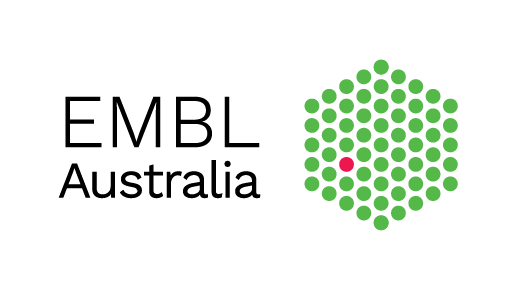Methylation in the proteome: where you can find it, how it gets there, what it does, and why you should care

Professor Marc Wilkins
Director, Ramaciotti Centre for Genomics
Professor, School of Biotechnology and Biomolecular Sciences, UNSW Sydney
Protein methylation is a widespread modification in the eukaryotic cell, although one which is relatively poorly understood. Functionally its role is best-characterised in histone proteins, ribosomal proteins and proteins involved in RNA splicing and transport, yet it is found on proteins involved in many other processes. The dysregulation of methylation is strongly associated with cancer and with metabolic, neurodegenerative and muscular disorders. This talk will describe how we have built and characterised the first near-complete eukaryotic network of protein methylation. It will describe the process of methylation discovery in the entire proteome, how we have discovered new eukaryotic protein methyltransferases and then determined their target proteins and recognition motifs. Unusual functional insights can be drawn from the completeness of this network.
The talk will also discuss investigations into the regulation of methylation-associated processes, especially histone methylation. It will explore how single phosphorylation sites on histone methyltransferases or demethylases are essential for specific stress responses. Efforts to join the cell’s signalling system with histone methylation enzymes will be discussed. Finally, the talk will briefly explore how large-scale crosslinking mass spectrometry is providing a powerful means to study protein methylation and the relationship between methyltransferase mutants and phenotype.
Biography
In 1994 Marc Wilkins developed the concept of the proteome and coined the term. In 1997 he co-wrote and co- edited the first book on proteomics (4000+ copies sold). This, and a series of other seminal works, substantially contributed to the establishment of proteome research. Proteomics is now widely adopted, is included in biochemistry textbooks and is part of the undergraduate curriculum.
Marc has published >250 peer-reviewed research papers, review papers and book chapters and has edited 2
books. Marc's research has tackled many of the key issues in proteomics. A particular strength has been the capacity to combine large-scale analytical techniques with complex bioinformatics to open new avenues for biological investigation. Current research interests are (i) the role of protein methylation in the proteome (ii) the dynamics of protein interaction networks, studied with crosslinking mass spectrometry. Marc is also an active researcher in genomics and transcriptomics, where his extended team has technical expertise in next-generation sequencing and the bioinformatic analysis of resulting data. Recent highlights include the koala genome project and collaborative work in the RNA Atlas.
Marc leads an ARC-funded proteomics and systems biology lab (lab web site here). He is also Director of
the Ramaciotti Centre for Genomics - the largest genomics facility at any Australian university. This Centre is or has been funded by NCRIS, EIF Super Science, ARC LIEF and the NSW State Government SLF and RAAP schemes.
Marc co-founded Proteome Systems Pty Ltd in 1999. Recently renamed to Tyrian Diagnostics, this proteomic diagnostics company was listed on the Australian Securities Exchange (ASX) and has developed technology for rapid point-of-care diagnostic testing . Marc is also a co-founder of Regeneus Pty Ltd, a regenerative medicine company which uses autologous adult stem cells to treat a range of musculoskeletal disorders. This company was listed on the ASX in 2013.
This seminar is part of the SMS External Seminar Series


